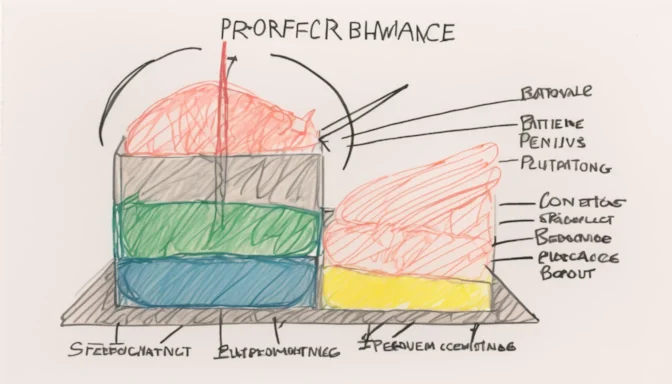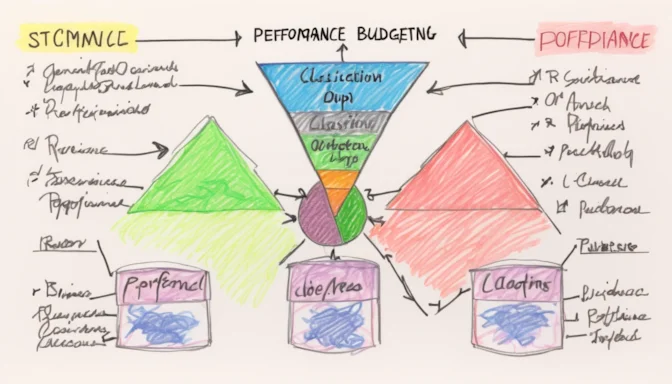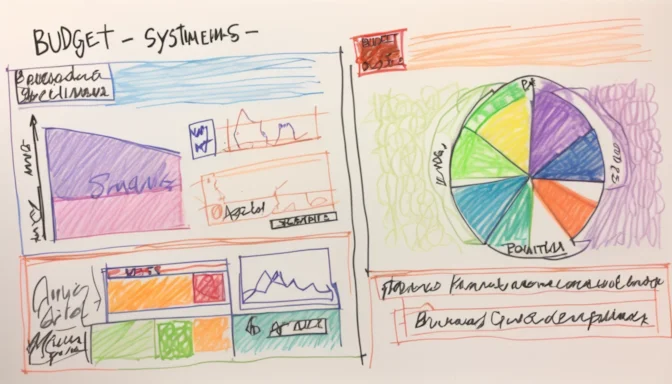What is a Performance Budget?

A performance budget is a specialized form of budget that focuses on programs, functions, and outcomes. It outlines the estimated expenses and revenues for entities like companies, government bodies, and statutory organizations. These budgets are tailored with specific objectives and proposed activities.
Traditional Budget vs Performance Budget

Unlike traditional budgeting, which relies on financial metrics such as cost centers, performance budgeting employs performance measures. These measures are crucial for tracking progress toward organizational goals and desired results.
Examples of Performance Budgets

Performance budgets operate in various sectors like public services and social welfare. Examples might encompass meals for the elderly, vocational training for the unemployed, or region-specific health services.
Alternative Names for Performance Budget

In specific countries, like India, performance budgets go by the name 'Outcome Budgets'. This alternative term emphasizes the focus on measurable results rather than just financial allocation.
What is Performance-Based Budgeting?

Performance-based budgeting is an approach that correlates program funding with expected outcomes. This strategy serves as a management tool for optimizing cost-efficiency and effectiveness in budgeting.
Types of Performance Budgeting

According to the OECD (Organisation for Economic Co-operation and Development), performance budgeting can be classified into three types: presentational, performance-informed, and direct performance budgeting. Each focuses on linking budget allocation to measurable results.
Budget Performance Analysis

Budget performance analysis is the practice of comparing actual financial results to planned or projected outcomes. This report helps in identifying variances, understanding their origins, and suggesting recommendations for budgetary improvement.
Common Types of Budgets

Apart from performance budgets, other types like Fixed, Zero, and Incremental Budgeting exist. These are generally categorized under the umbrellas of Flexible and Fixed Budgeting.
Three Types of Budget Systems

When examining budgets systemically, they can be categorized as surplus, balanced, or deficit budgets, each with its own set of financial implications.
Importance of Performance Budgeting

Adopting a performance budgeting strategy is essential for enhancing efficiency, transparency, and accountability within an organization. This approach also aligns resource allocation with organizational objectives.
 E-Commerceo
E-Commerceo
